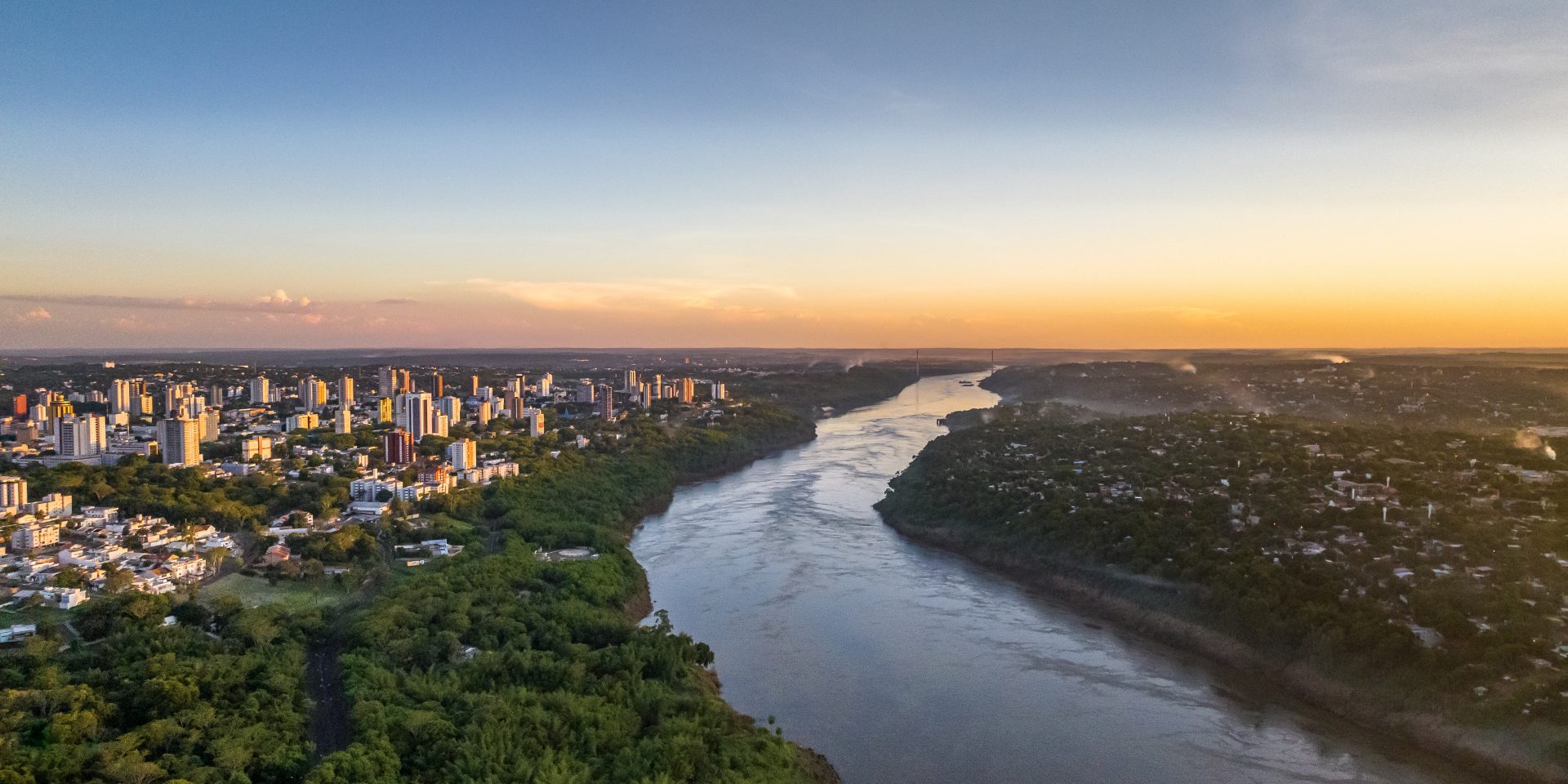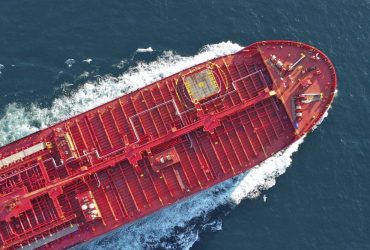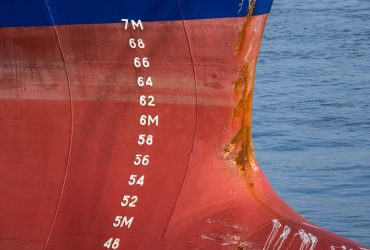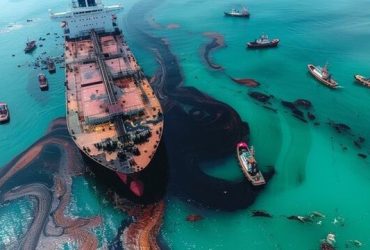Tomorrow, February 12, 2025, the opening of bids for the international tender for the Paraná-Paraguay Waterway will take place. The central focus of this tender is the deepening of the navigable channels of the waterway, with a particular emphasis on the involvement of international companies in fluvial-maritime works.
Key Aspects of the Tender:
To begin with, it is crucial to highlight the three key changes made to the tender documents. First, the deadline for submitting bids, initially set for January 29, 2025, has been generously extended by the national government to February 12 of the same year. Second, and likely the most significant aspect, is the main objective of the tender: deepening the navigable pathways of the Paraná-Paraguay Waterway. The principal section, Paraná de Las Palmas, currently has a depth of 36 feet, but the plan under evaluation is to carry out dredging to increase this depth to up to 42 feet, depending on the section. Additionally, at the request of the province of Entre Ríos, three other channels—Paraná Guazú, Paraná Bravo, and Paraná Talavera—will also undergo deepening. These secondary channels, which currently have a depth of 28 feet, are expected to reach up to 36 feet, with the goal of connecting them to the Paraná de Las Palmas section to boost the province’s port development. Furthermore, the plan includes installing radar bases and tracking systems to combat drug trafficking and terrorism, as announced by Cabinet Chief Guillermo Franco in a statement made last November.
While the plan may appear impressive on paper, it has sparked considerable controversy since its announcement.
Key Controversies and Political Concerns:
Firstly, Article 16 of the tender document specifies the individuals or entities not eligible to participate. Point 8 of this article prohibits the participation of any legal entity controlled, directly or indirectly, by sovereign states or state agencies. As a result, companies such as China Communications Construction Group Co. are excluded from the competition. This exclusion has led to diplomatic tensions, with the Chinese ambassador in Argentina expressing dissatisfaction to Argentine Cabinet Chief.
Secondly, one of the most contentious issues within Argentine politics is the method of evaluating bids, particularly the weight given to experience in dredging and maintenance works. While the tender document specifies that companies with dredging experience in Argentina over the past 10 years will be considered, it does not clarify the percentage, points, or weight this factor will have in the final evaluation process. This lack of transparency has raised concerns.
Moreover, former Argentine President Mauricio Macri, along with former Minister of Transport Guillermo Dietrich, has questioned whether the tender is, in fact, an attempt at “undercover privatization.” Two days ago, the National Agency of Ports and Navigation issued a statement in the official bulletin, refuting allegations of non-compliance with the tender’s legal requirements. The agency dismissed claims regarding a lack of fairness, transparency, and competition, asserting that the process is in full accordance with the established regulations.
Given the stakes, with the winning company set to earn a profit of about $20 million, tomorrow’s bid opening promises to be a pivotal moment for the future of the Paraná-Paraguay Waterway project.




